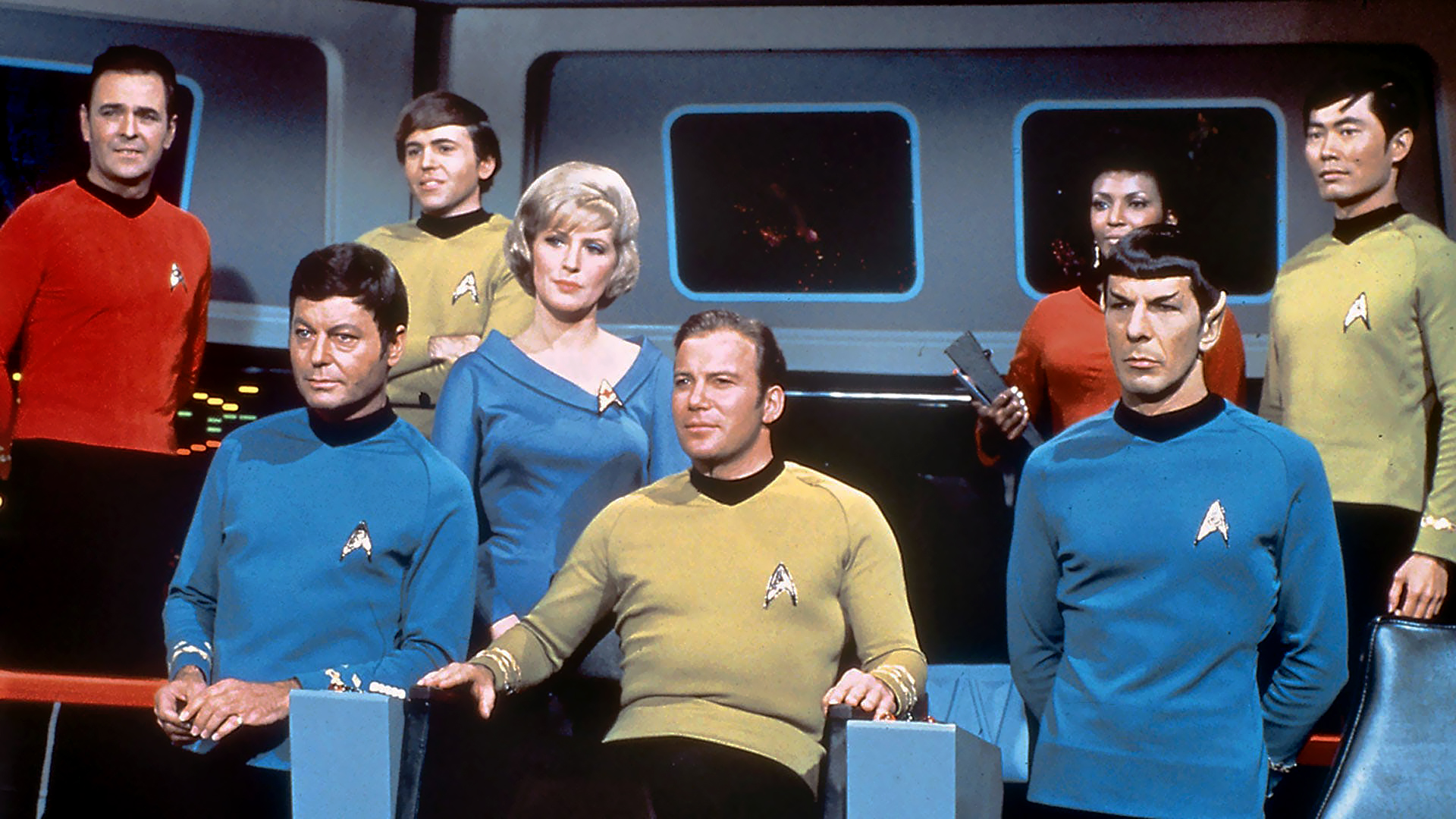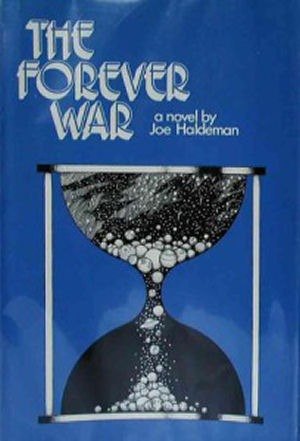by Akim Reinhardt
Stuck is a weekly serial appearing at 3QD every Monday through early April. The Prologue is here. The table of contents with links to previous chapters is here.

Charles Lutwidge Dodgson was an odd fellow who eventually became someone else.
Born in 1832, he was the fourth of twelve children, and descended from a long line of English soldiers and priests all named Charles Dodgson. His parents were first cousins. He stuttered. A childhood fever left him deaf in one ear. As an adult he would suffer from migraines and epilepsy.
At age 12 he was sent away to school. He hated it. Still, he aced his classes and went on to Christ Church College in Oxford. He did not always apply himself, but nonetheless excelled at mathematics and eventually earned a teaching position. He remained at the school for the rest of his life.
Dodgson was conservative, stuffy, and shy. He was awed by aristocrats and sometimes snobbish to his social inferiors. He was mildly self-deprecating and earnestly religious. He had a reputation for being a very good charades player. He invented a number of gadgets, including a stamp collecting folder, a note taking tablet, a new type of money order, and a steering device for tricycles. He also created an early version of Scrabble. He liked little girls.
Dodgson enjoyed photographing and drawing nude children. He never married or had any children of his own. Whether his affection for pre-pubescent girls was sexual, or merely tied to Victorian notions of children representing innocence, is still debated. In the prime of his adulthood, one girl in particular caught his fancy: eleven year old Alice Liddell.
Dodgson spent much time with the Liddell family. A favorite activity was taking Alice and her two siblings out on a rowboat, where he would tell them stories. Alice so enjoyed the stories that she begged Charles to write them down. He presented her with a handwritten, illustrated collection in 1864. He called it Alice’s Adventures Underground. Read more »

 I first heard Motörhead in 1988. I was a DJ at
I first heard Motörhead in 1988. I was a DJ at  During my late 1970s New York City childhood, repeats of Star Trek aired every weeknight on channel 11, WPIX. The original 79 episodes ran about three times per year, which means that, allowing for the occasional miss, I’d seen each episode about 10 – 12 times before reaching high school.
During my late 1970s New York City childhood, repeats of Star Trek aired every weeknight on channel 11, WPIX. The original 79 episodes ran about three times per year, which means that, allowing for the occasional miss, I’d seen each episode about 10 – 12 times before reaching high school. Forever is a long time.
Forever is a long time. This song got caught in my head as I circled the country in my 1998 Honda. Leaving New York City, I drove west into the heart of America, up to the Dakotas, out to California, down the Golden State, and then back along the Southern route before angling northward to Baltimore. I saw nearly all the America you can see. But of course there’s not just one America. There are many.
This song got caught in my head as I circled the country in my 1998 Honda. Leaving New York City, I drove west into the heart of America, up to the Dakotas, out to California, down the Golden State, and then back along the Southern route before angling northward to Baltimore. I saw nearly all the America you can see. But of course there’s not just one America. There are many.
 When a song gets really stuck in my head, I break it down. I learn how to play it and even ponder ways to fiddle with it and improve it. In the throes of involuntary obsession, it gives me something to do. It’s a coping mechanism, a way to retain my sanity. And for this project, it also means writing, at least a little bit, about the song and artist. To create some context.
When a song gets really stuck in my head, I break it down. I learn how to play it and even ponder ways to fiddle with it and improve it. In the throes of involuntary obsession, it gives me something to do. It’s a coping mechanism, a way to retain my sanity. And for this project, it also means writing, at least a little bit, about the song and artist. To create some context. I never met Jeremy Spencer, so I can only guess. I suspect he was searching for something. Only 23 years old, perhaps he was unhappy with himself, or the world around him. Perhaps he was scared and craving shelter from the storm. Perhaps he dreamed of what could be, or pined for a grand voyage. Maybe he just got lost.
I never met Jeremy Spencer, so I can only guess. I suspect he was searching for something. Only 23 years old, perhaps he was unhappy with himself, or the world around him. Perhaps he was scared and craving shelter from the storm. Perhaps he dreamed of what could be, or pined for a grand voyage. Maybe he just got lost. I was always a skinny fuck. Forever the thinnest kid in the class, and for a longtime the second shortest boy (thank you, David Mehler). My stick-figure proportions were the thing of legend. I could suck my stomach in so far that some people swore they could touch the inside of my spine. My uncle used to refer to me as the Biafra Boy, a tasteless reference to the gruesome famine that accompanied the Nigerian Civil War (1967 – 70). In an effort to fatten me up, my grandmother would serve me breakfast cereal with half-and-half instead of milk. It was to no avail. A growth spurt in the 8th grade got me well above the short kids, but my body didn’t fill out. I graduated high school standing five feet, nine and a half inches tall, and weighing less than 120 pounds.
I was always a skinny fuck. Forever the thinnest kid in the class, and for a longtime the second shortest boy (thank you, David Mehler). My stick-figure proportions were the thing of legend. I could suck my stomach in so far that some people swore they could touch the inside of my spine. My uncle used to refer to me as the Biafra Boy, a tasteless reference to the gruesome famine that accompanied the Nigerian Civil War (1967 – 70). In an effort to fatten me up, my grandmother would serve me breakfast cereal with half-and-half instead of milk. It was to no avail. A growth spurt in the 8th grade got me well above the short kids, but my body didn’t fill out. I graduated high school standing five feet, nine and a half inches tall, and weighing less than 120 pounds. Several co-workers, all of whom have Ph.D.s. An old friend who’s a physicist. Scads of family members of both blue and white collar variety. Numerous neighbors. And of course the well dressed, kindly old women who occasionally show up at my door uninvited, pamphlets in hand.
Several co-workers, all of whom have Ph.D.s. An old friend who’s a physicist. Scads of family members of both blue and white collar variety. Numerous neighbors. And of course the well dressed, kindly old women who occasionally show up at my door uninvited, pamphlets in hand. In 1974, noted science fiction author Joe Haldeman published a novel called The Forever War, which won several awards and spawned sequels, a comic version, and even a board game. The Forever War tells the story of William Mandella, a young physics student drafted into a war that humans are waging against an alien race called the Taurans. The Taurans are thousands of light years away, and traveling there and back at light speed leads Mandella and other soldiers to experience time differently. During two years of battle, decades pass by on Earth. Consequently, the world Mandella returns to each time is increasingly different and foreign to him. He eventually finds his home planet’s culture unrecognizable; even English has changed to the point that he can no longer understand it.
In 1974, noted science fiction author Joe Haldeman published a novel called The Forever War, which won several awards and spawned sequels, a comic version, and even a board game. The Forever War tells the story of William Mandella, a young physics student drafted into a war that humans are waging against an alien race called the Taurans. The Taurans are thousands of light years away, and traveling there and back at light speed leads Mandella and other soldiers to experience time differently. During two years of battle, decades pass by on Earth. Consequently, the world Mandella returns to each time is increasingly different and foreign to him. He eventually finds his home planet’s culture unrecognizable; even English has changed to the point that he can no longer understand it.



